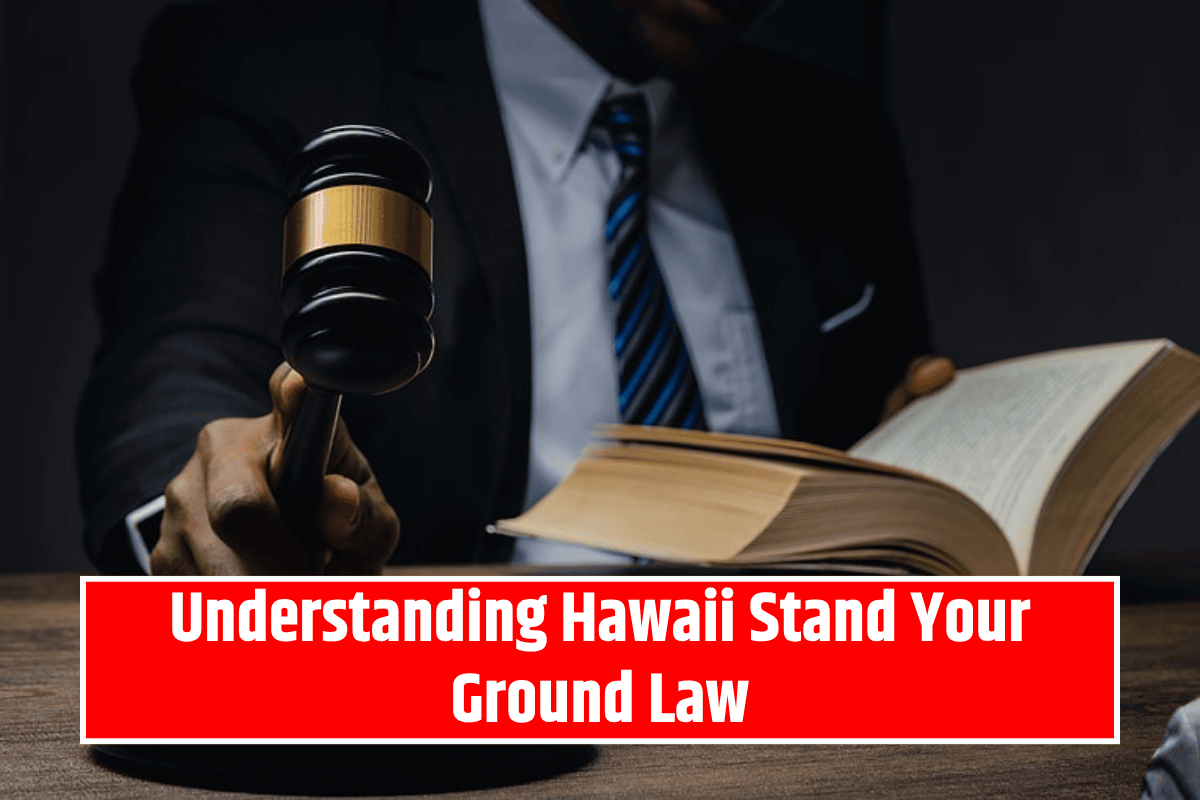Self-defense laws in the United States exist to protect people who act to defend themselves or others from serious danger. These laws allow a person to use deadly force, like using a weapon or causing death, only when they genuinely believe it is necessary to prevent death or serious injury. The main goal of these laws is to balance protecting people’s rights to defend themselves while also encouraging them to avoid violence when it can be safely avoided.
The Importance of Retreating in Public
In most cases, self-defense laws say that if a person can safely walk away or escape from a dangerous situation, they should do so instead of using deadly force. This rule applies especially in public places, where the law wants to avoid unnecessary violence. The idea is that using violence should be a last option when no other safe choices are available.
The Castle Doctrine: Protecting Your Home
There is an important exception to the rule about retreating called the Castle Doctrine. This rule says that you do not have to run away if you are inside your own home. The law treats your home like a “castle,” a place where you have the right to stand your ground and defend yourself if someone threatens you there. So, while you must try to avoid violence in public if possible, you can legally protect yourself inside your home without needing to escape first.
What Are Stand Your Ground Laws?
Some states in the U.S. have gone further by passing “Stand Your Ground” laws. These laws remove the duty to retreat even in public places. That means a person can use deadly force in public without trying to walk away or use less harmful methods first. These laws are controversial because they change the old idea that people should avoid violence whenever possible. Critics worry Stand Your Ground laws may cause more violence and be misused.
Hawaii’s Approach to Self-Defense
Hawaii does not have Stand Your Ground laws. Instead, its self-defense law clearly requires a person to try to retreat or escape safely before using deadly force outside their home. If you are in public in Hawaii and someone threatens you, you cannot use lethal force unless you have no safe way to get away. However, the Castle Doctrine still applies inside your home, allowing you to defend yourself without retreating if threatened there.
Self-defense laws in the United States differ from state to state, especially about using deadly force in public. While some states allow Stand Your Ground laws, Hawaii requires retreat when outside the home, except under immediate threat at home under the Castle Doctrine. It is important to understand these laws to know your rights and responsibilities if you ever need to defend yourself or someone else. The law supports self-protection but also encourages avoiding violence when it can be done safely.
Self-defense laws aim to protect people without promoting unnecessary violence. Whether you live in a state with Stand Your Ground laws or one like Hawaii that emphasizes retreat, understanding the rules can help you act within the law while keeping yourself and others safe.












